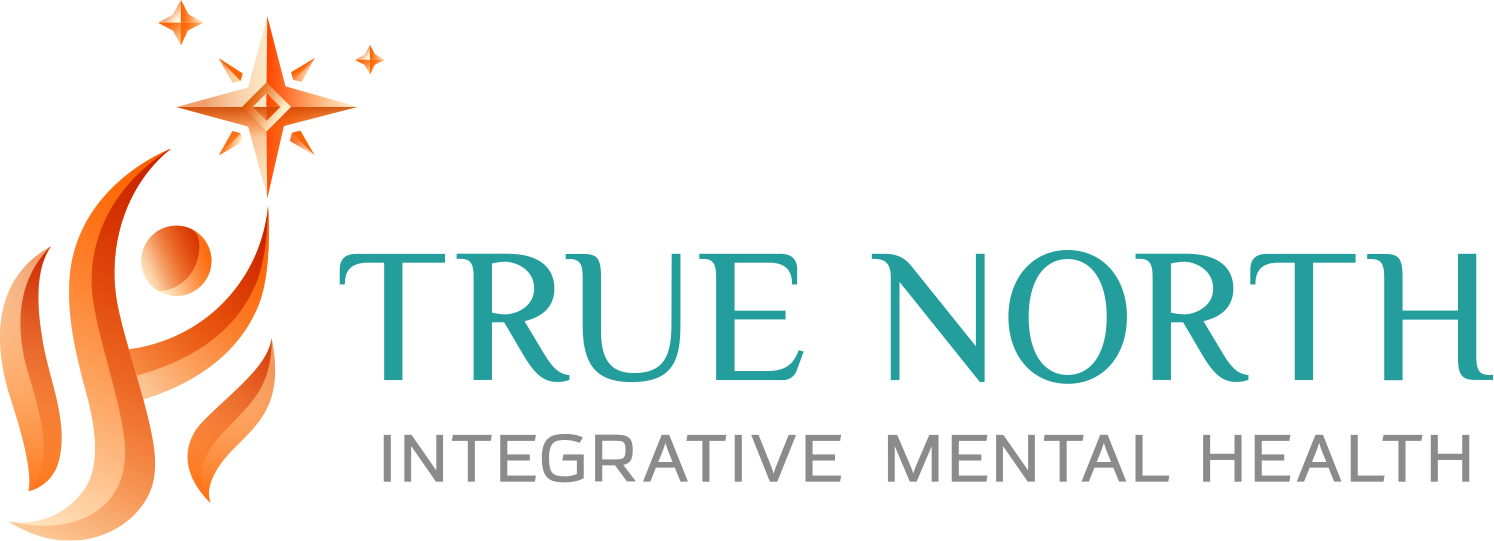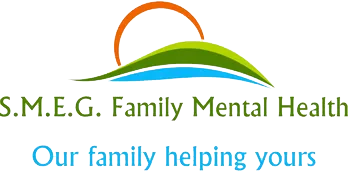TMS Therapy for Children and Teens: Is It Safe?
Dr. Jamie Rogers • July 3, 2022
Transcranial magnetic stimulation (TMS) uses magnetic fields and pulses of electricity to induce therapeutic changes in the brain, treating depression, anxiety, and other mental health disorders.
The good news is that TMS is equally effective in children and adolescents as it is in adults.
But are there any risks? In this article, we look at the evidence and answer this question – is TMS safe in children and teens?
What Is TMS Therapy?
TMS therapy stimulates brain cells and changes their behavior. Research shows it is clinically successful at treating several mental health disorders and is FDA-approved to treat depression and obsessive-compulsive disorder (OCD).
How It Works
During TMS therapy, a magnetic coil hovers above the forehead, emitting high-powered magnetic fields. TMS machines are like MRIs but on a significantly smaller scale.
The electrical currents span an area 2-3 centimeters into the brain, which triggers an electric current that stimulates cellular activity and releases neurotransmitters. This restoration can release chemicals like serotonin, dopamine, and norepinephrine, which is crucial for achieving balance among the brain chemicals.
What It Feels Like
While this treatment is slightly different from the other options available, it is non-invasive and pleasantly accepted by most patients. Most patients express a sense of relaxation and calm during a TMS session. Some may experience a tapping sensation, but it often dissipates as people get used to the procedure. Additionally, TMS therapy does not require sedation of any kind, and it does not impair mental clarity or daily activity.
Is It Safe?
As opposed to many antidepressants, TMS therapy has minimal side effects. Though some patients may experience mild discomfort during or following the treatment, this is short-lived and unlikely to occur during the first week of the therapy.
Because of the magnetic nature of this treatment, those with metal implants in or near the head (aneurysm clips, stents, deep brain stimulators, metallic ear/eye appliances, shrapnel or bullet fragments, pacemakers, etc.) are not viable for TMS. However, braces and dental fillings are permitted and completely safe.
However, if your child has a history of seizures, it's best to talk with your medical provider about whether TMS therapy is safe.
Determining Whether TMS Therapy Is Right For Your Child
When a child suffers from depression, they usually present symptoms similar to those of adults. These include low energy levels, changes in sleeping or eating habits, difficulty concentrating on homework or schoolwork, or an overall lack of motivation.
Research shows that major depression in youth is often associated with:
- Increased suicidality
- Prolonged illness
- Heightened risk of non-response to treatment
According to the same research, approximately 30-40% of youth undergoing behavioral therapy and SSRI medication will not positively respond to treatment.
Additionally, the side effects of antidepressant medications are another risk to consider when you and your doctor are planning your child's care. One potential and alarming side effect of antidepressants in children and adolescents is an increased risk of suicidality, or suicidal thoughts, ideation, and planning.
Research remains ongoing, but some professionals believe that by removing the physical symptoms of depression, patients may focus more on the cognitive and emotional symptoms, such as self-induced harm or suicidal thoughts.
TMS Therapy May Benefit Your Child or Teen If:
- Your child has been diagnosed with depression, major depression, dysthymia, bipolar I or II, etc.
- The symptoms of your child's depression have not responded to medication and counseling.
- Your child or teen experiences adverse side effects when using antidepressants.
- Your child's depression is worsening, regardless of antidepressant use.
Whether your child is resistant to treatment or experiences adverse side effects when taking medication, there is still hope for remission.
TMS for Children & Teens: What Does The Research Say?
Multiple studies show TMS therapy is clinically effective and safe in children, teens, and adults.
In 2017, researchers from the Department of Neurology at the University of Colorado-Anschutz Medical Campus and the Neuroscience Institute at Georgia State University examined all existing research available from Pub Med regarding the safety of TMS in children. The reviewed literature, with publication dates ranging from 1985 to 2016, came to a meaningful conclusion: The risk of TMS in children is the same as in adults--meaning little to no adverse side effects.
These findings are supported and enhanced by emerging research throughout the following years. One comparative study, conducted by Cincinnati Children's Hospital and the University of Cincinnati College of Medicine, observed 165 pediatric subjects undergoing TMS and found it to be equally safe in adults and children.

Remission Is Possible for Your Child
It is an unfortunate truth that there is no cure for depression; there are treatments available to make it easier to manage and overcome symptoms, even in the most challenging cases.
Therapy is always the first recommendation when anyone struggles with depression, followed by medication. But now, there are more approaches to finding relief, especially for those who feel they've tried everything and nothing has worked.
Transcranial magnetic stimulation is painless with minimal side effects. If your child is living with depression, please don't hesitate to contact us--you don't have to suffer alone. To learn more about how TMS therapy works and if it's suitable for your child or teen, True North IMH in Greenville North Carolina to set up a consultation appointment.

Our Helpful Links
Schedule a Consultation
Get help with depression today! It's important to know that you are not alone.


